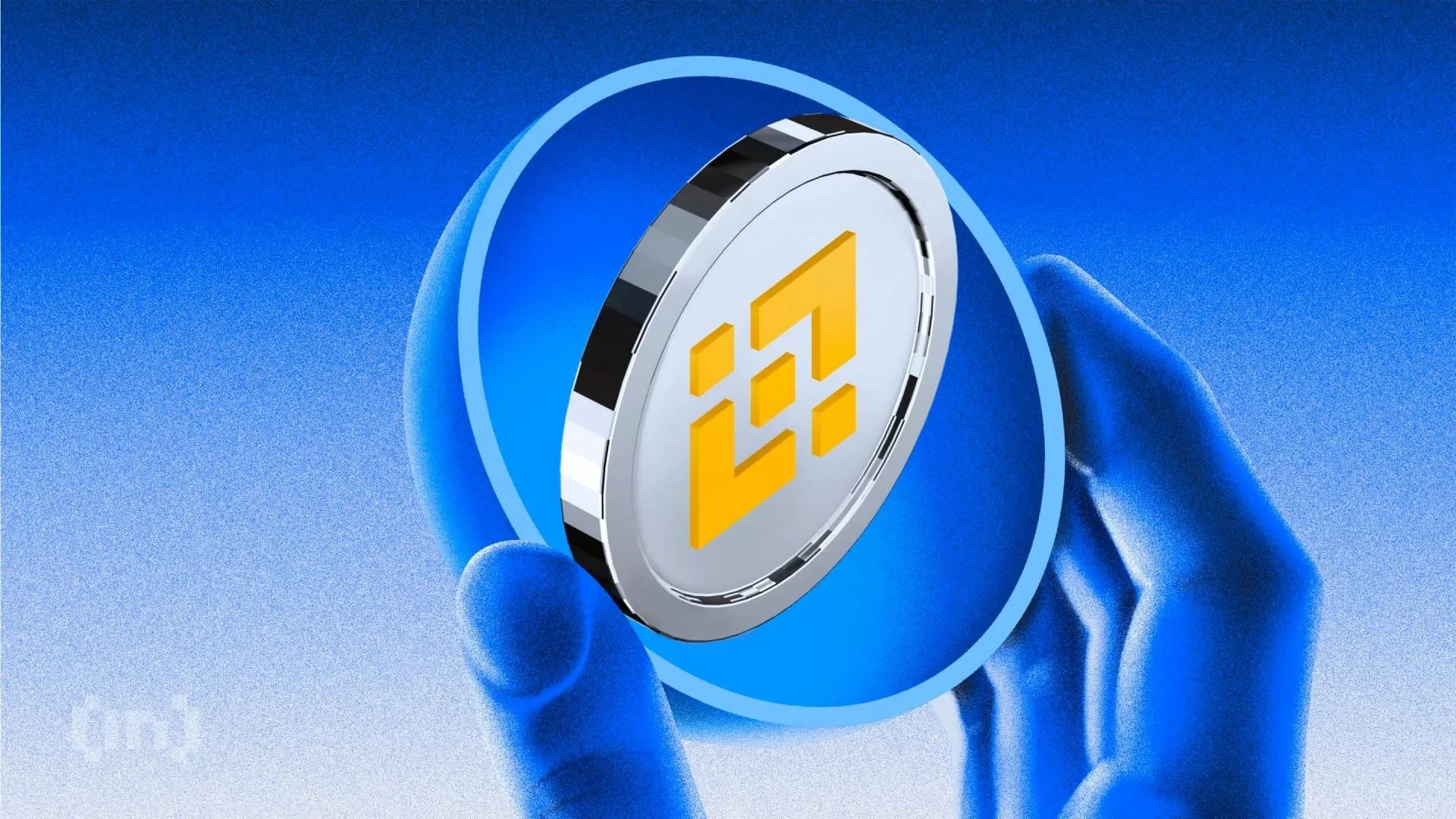Decentralized governance is a rapidly evolving paradigm shift in how organizations and systems are managed. Shifting away from traditional hierarchical structures, it empowers individuals and communities by distributing decision-making authority.
What is Decentralized Governance?
Содержание статьи:
At its core, decentralized governance involves the transfer of power and control from a central authority to a distributed network of participants. This principle applies across various domains, including government, business, and technology. It’s about moving away from a single point of control and embracing a more democratic and inclusive approach.
Key Characteristics
- Distribution of Authority: Decision-making is not concentrated in the hands of a few but spread across a wider group.
- Transparency: Processes and decisions are open and accessible to all participants.
- Inclusivity: All stakeholders have the opportunity to participate in the governance process.
- Autonomy: Local entities or individuals have the freedom to make decisions that affect them directly.
- Resilience: A decentralized system is less vulnerable to single points of failure.
Decentralization in Different Contexts
Government
In government, decentralization involves devolving power from the central government to local authorities. This can lead to more responsive and efficient public services, as local governments are better positioned to understand and address the needs of their communities.
Business
In business, decentralized management empowers employees at all levels to make decisions, fostering innovation and agility. This structure allows upper management to focus more on growth opportunities and major decisions, rather than day-to-day duties.
Technology (Blockchain)
In the context of blockchain, decentralized governance is crucial for managing and evolving the network; Token holders often have the right to vote on proposals, ensuring that the network is governed by its community.
Examples of Decentralized Governance
- The European Union: The European Commission has decision-making power across 27 member states, showcasing a form of decentralized governance.
- Uniswap: A decentralized application (dApp) on the Ethereum blockchain that allows for cryptocurrency trading without intermediaries.
- Microservice Architectures: Organizations using microservices often adopt decentralized governance to manage the diverse set of services.
- Traffic Lights: City traffic lights, timed individually or in small groups, react to sensors, exemplifying decentralized control.
Benefits of Decentralized Governance
- Increased Transparency: Open decision-making processes build trust and accountability.
- Improved Efficiency: Localized decision-making can lead to faster and more effective responses to local needs.
- Greater Innovation: Empowering individuals and teams to make decisions can foster creativity and experimentation.
- Enhanced Resilience: Distributed systems are less vulnerable to disruptions.
- Increased Participation: Decentralized governance encourages broader participation and engagement from stakeholders.
Challenges of Decentralized Governance
- Complexity: Managing a decentralized system can be complex and require sophisticated tools and processes.
- Coordination: Ensuring that different parts of the system work together effectively can be challenging.
- Security: Decentralized systems can be vulnerable to attacks if not properly secured.
- Scalability: Scaling a decentralized system can be difficult.
Decentralized governance represents a significant shift in how we organize and manage systems. While it presents challenges, the potential benefits – increased transparency, efficiency, innovation, and resilience – make it an increasingly attractive option for governments, businesses, and technological platforms. As technology continues to evolve, decentralized governance will play an increasingly important role in shaping the future.
Article generated on 03/27/2025 20:38:32
